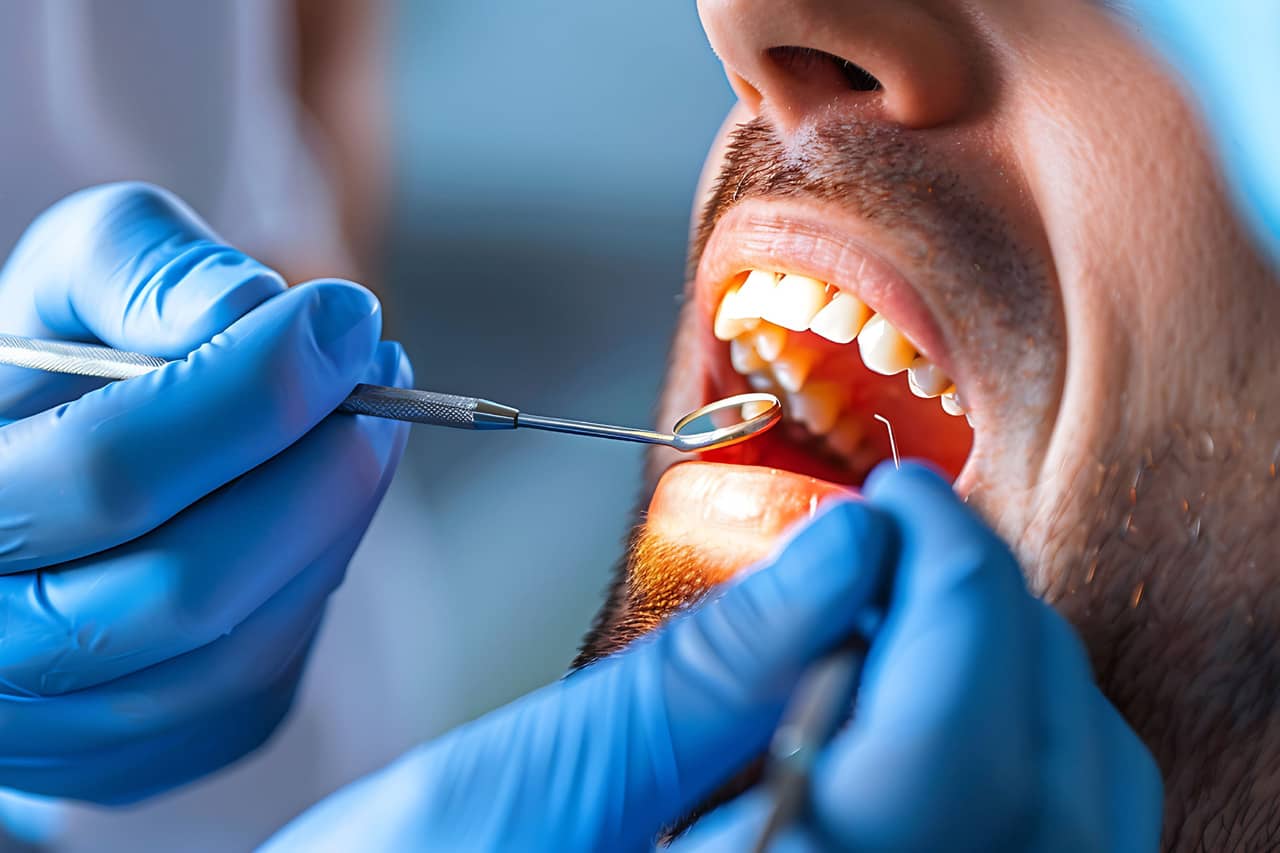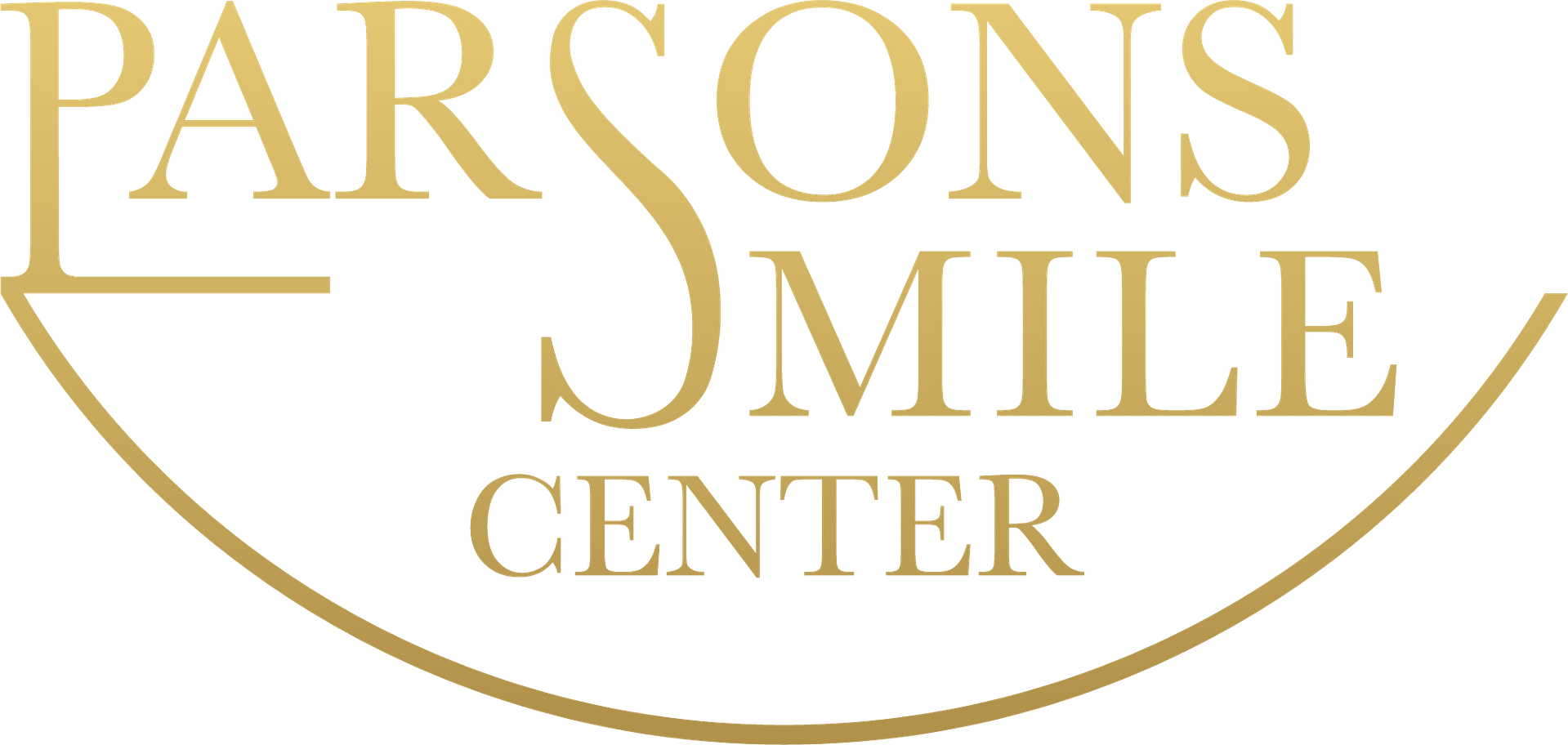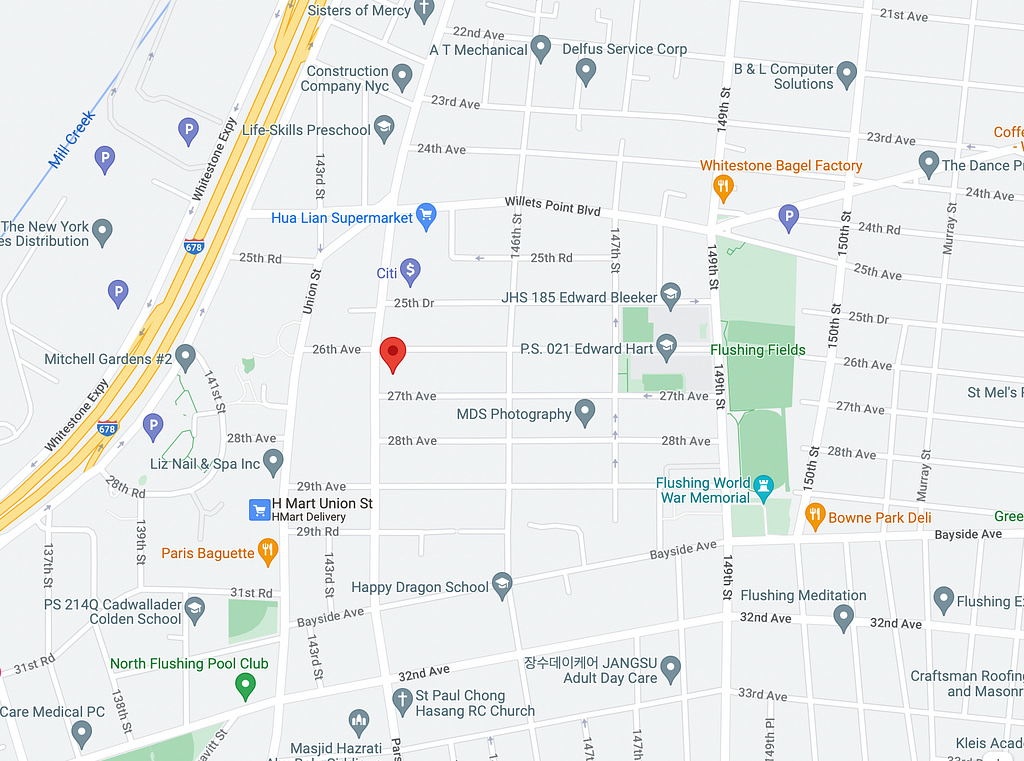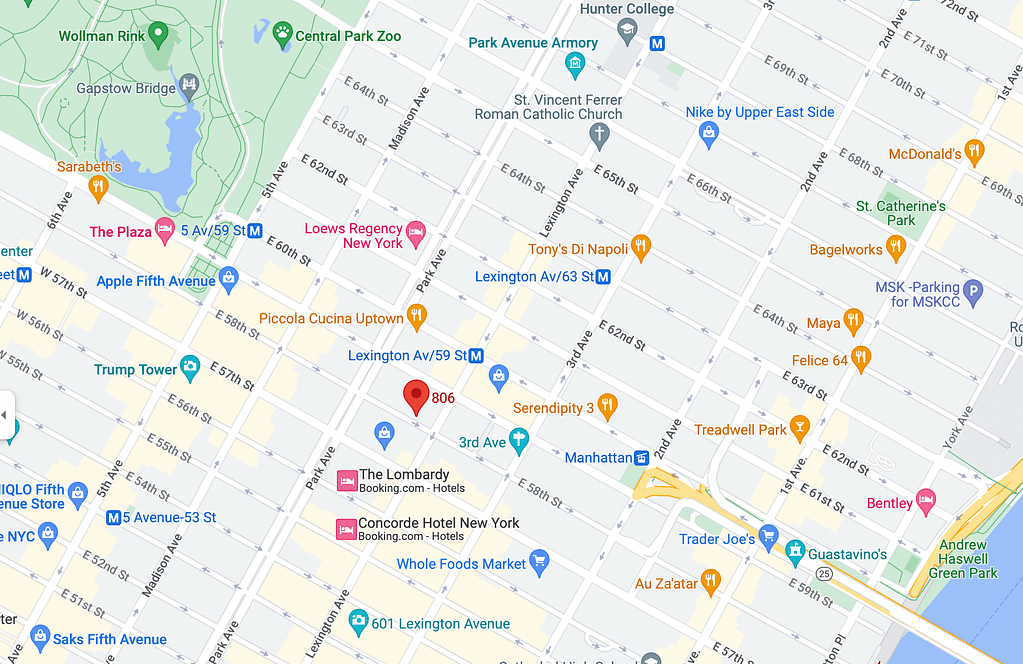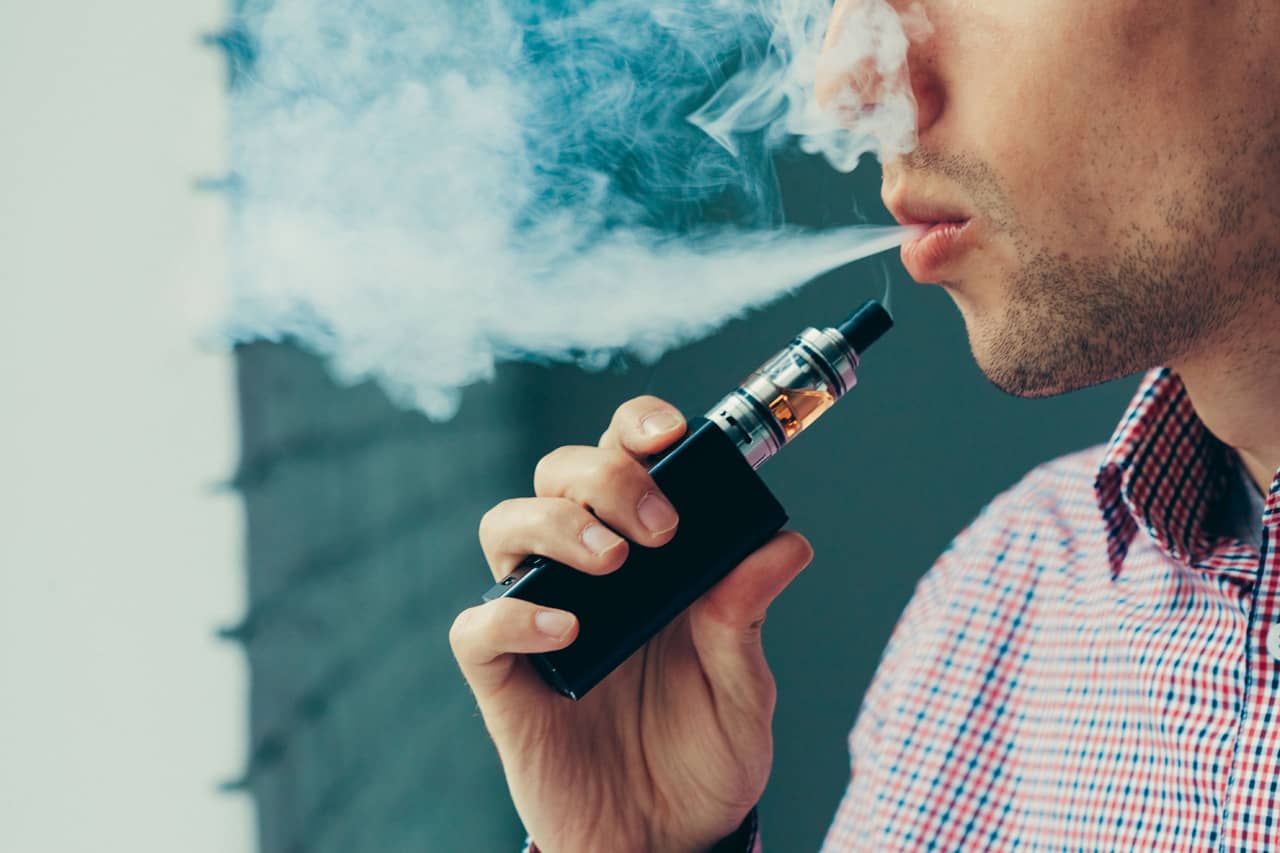
If you get into an accident, fall, or suffer a sports injury, you may get a tooth knocked out. While you may think that your original tooth is lost, you may be able to preserve the tooth with the proper emergency action. By contacting a trusted dentist right away and taking steps to protect the knocked-out tooth, it may be replanted and last for years. At Parsons Smile Center, we offer patients in Manhattan and Queens unmatched emergency services with special hours on the weekends and in the evenings so you can get the care you need immediately.
With decades of experience and a laser focus on providing individualized care to every patient, you can trust Dr. Fady Salha to give you the emergency dental care you need to preserve and protect your knocked-out tooth. We take a personalized approach, working closely with you to determine the best treatment based on your circumstances, the condition of your tooth, and your personal preferences. This dedication and commitment to excellence can help ease your worries and restore your smile.
5 Steps to Take to Save a Knocked-Out Tooth
While losing a tooth can be an exciting experience for a child, losing a permanent tooth is considered a dental emergency. With over five million people getting teeth knocked out every year, this concern is common, but it does not mean it does not require urgency. Seeing an emergency dentist within 30 minutes and taking the following steps can help save your knocked-out tooth:
Contact Parsons Smile Center
We understand emergencies happen, and you need reliable, professional care if you lose a tooth. With our weekend and evening hours, Dr. Salha can see you as soon as possible. We do everything we can to preserve and replant your tooth, but if this is not possible, we offer restoration services, including bridges and implants, to give you your smile back.
Pick Up the Tooth By the Crown
In the time between getting your tooth knocked out and seeing a dentist, you should focus on finding the tooth. Once located, do not pick up the tooth by the root. This could damage the ligaments essential for healing. Instead, pick up the tooth by the crown or chewing surface.
Gentle Rinse
If the tooth is dirty, gently rinse it with water. Do not use soap, chemicals, towels, or scrubbing tools. These could damage the tooth and prevent it from being replanted.
Reposition in the Socket
If you can, put the tooth back in the socket by gently pushing it in by the crown. You may also position the tooth above the socket and gently bite down on it to push it into place.
Maintain Moisture
If you are able to put the knocked-out tooth back in the socket, your saliva will keep it moist. However, if the tooth cannot be placed in the socket, you can preserve it by keeping it in milk or inside your cheek. Milk contains proteins and sugars that can help increase its chances of being replanted successfully.
Seek Emergency Dental Services in Manhattan and Queens at Parsons Smile Center Today
Getting a tooth knocked out can be a frightening experience, but with quick action and the help of an emergency dentist, you may save your tooth and get it replanted. By contacting the skilled team at Parsons Smile Center, handling the knocked-out tooth by the crown, placing it back in the socket, and keeping it moist, you have the best chance of a successful outcome. Even if the tooth cannot be replanted, our experienced team offers services to replace the tooth and give you long-lasting results.
Dr. Salha has over 30 years of experience providing exceptional services to Manhattan and Queens patients, so you can feel comfortable and safe in our state-of-the-art offices. We utilize the latest technology and techniques, giving you the highest quality care possible. To learn more about our emergency services, call us at (212) 223-5100 or fill out our contact form.

